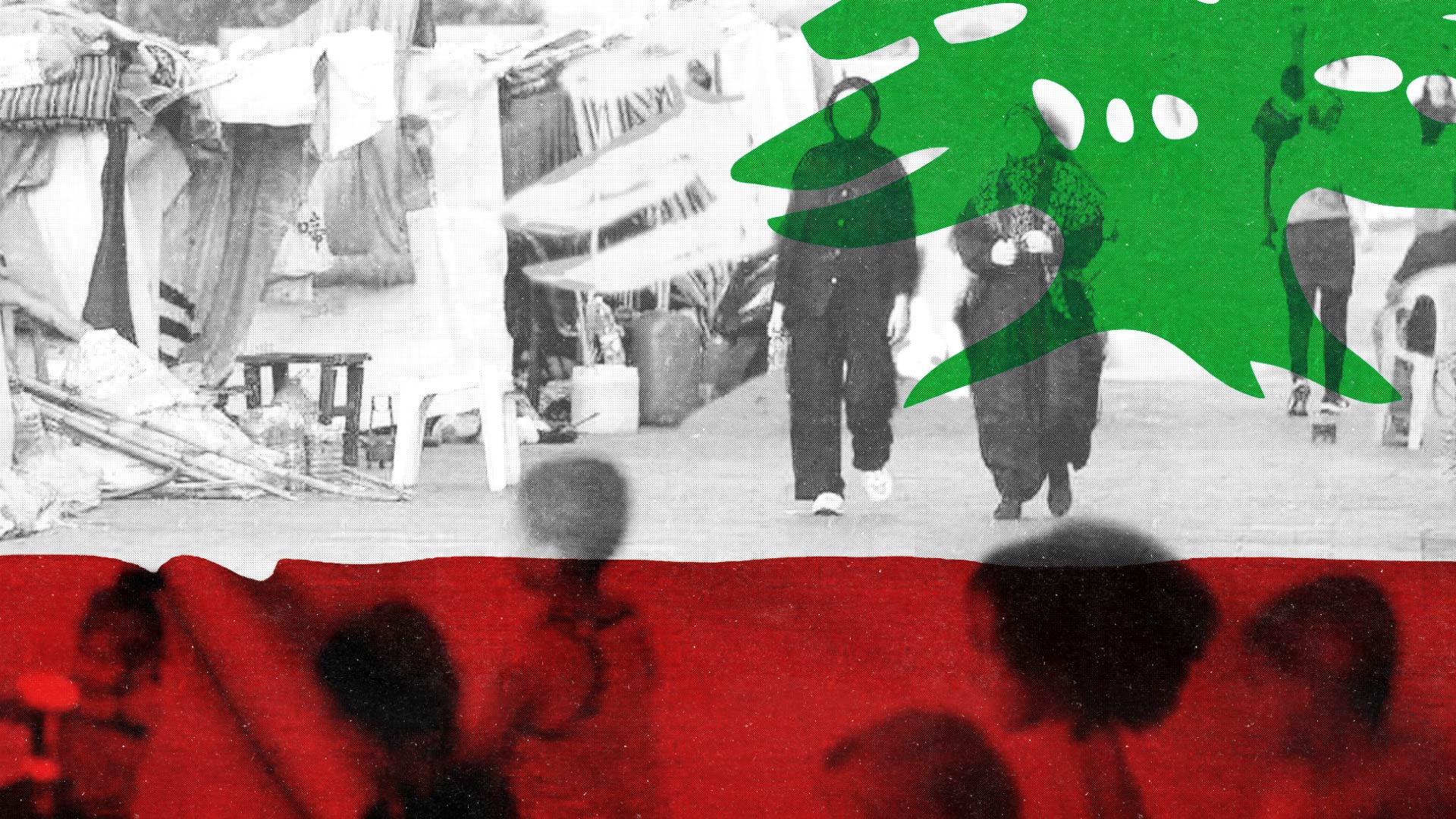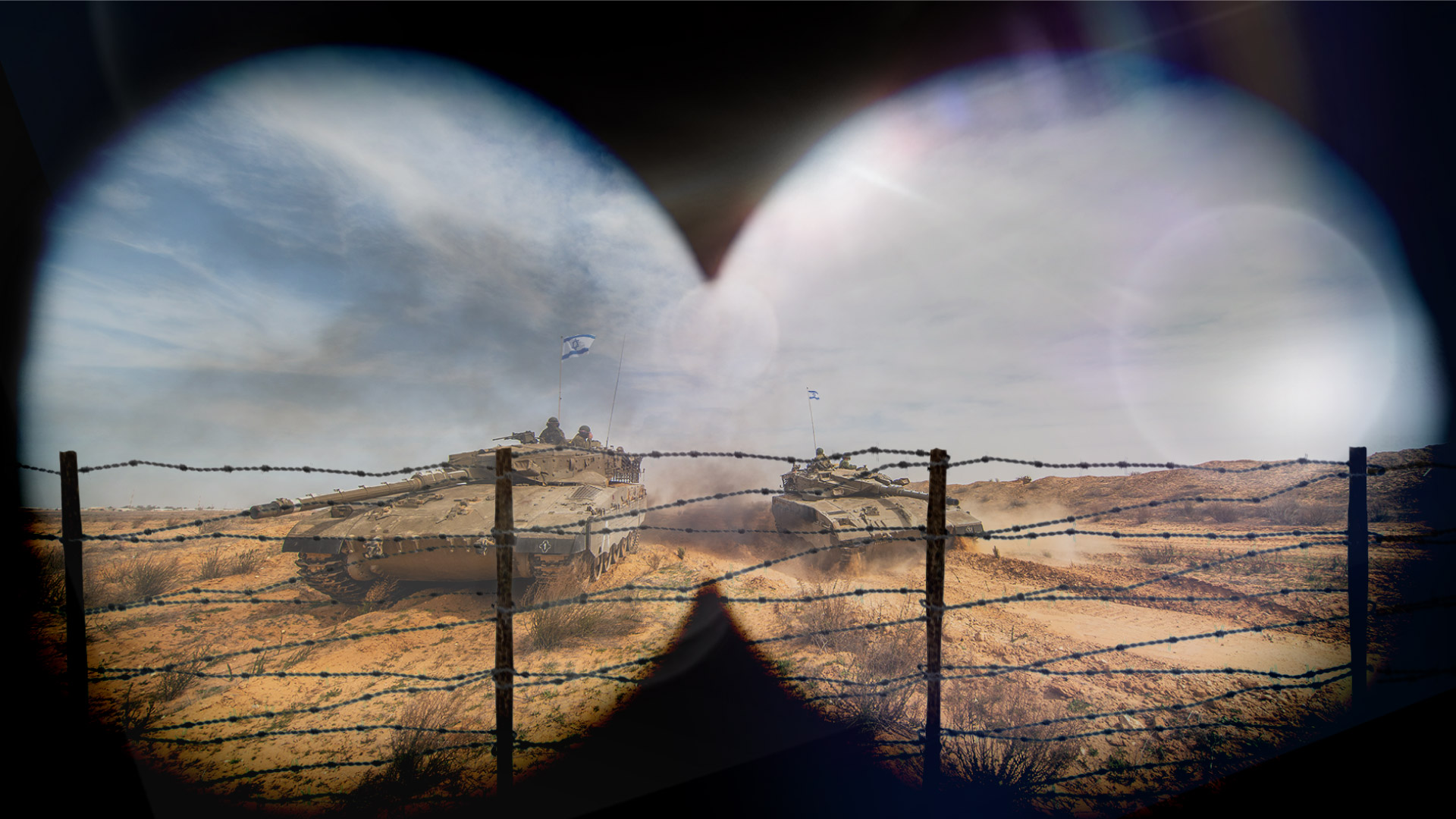The grim prospect of a long war
On Sunday, Israel’s Defense Minister Israel Katz declared that after 40 days of intense fighting, Hezbollah has been defeated. “Now it is our job to continue to put pressure in order to bring about the fruits of that victory,” he reportedly said during an official ceremony. Israel seems to be convinced that it can bring Hezbollah to capitulation by force. However, going for a military solution in Lebanon means war that will not be anything like the 2006 conflict. Back then, Israel’s ground offensive faltered, and public support eroded as losses mounted. Today, Prime Minister Netanyahu has the Israeli public’s backing, buoyed by military successes that have eliminated Hezbollah’s leadership and disrupted its communications networks.
Despite these losses, Hezbollah is also better prepared, better equipped, and arguably more disciplined than in 2006. It’s little wonder that Israel has not managed to gain more than a few miles of ground in since its land incursions began and the daily rocket salvoes directed at northern and central Israel continue. Barring some major change or diplomatic shift under the incoming Trump administration that would put pressure on Israel, all of this means that we are in for a very long war.
An essential deterrent
Hezbollah restarted hostilities with Israel in support of its ally Hamas and, up until recently, made a ceasefire with Israel contingent on a ceasefire in Gaza. The group knows that while many Lebanese understand its ongoing intervention, many are also dissatisfied, to say the least, with its actions over the past two decades.
By propping the Syrian regime in the 2010s, helping maintain the rule of the corrupt Lebanese elite when the economy collapsed in 2019, and blocking the investigation into the 2020 Beirut port blast, Hezbollah has made a lot of enemies at home and abroad and has had to rely almost completely on Iran for diplomatic leverage and military prowess.
Its refusal to integrate into a national defence strategy by maintaining its weapons outside of the command and control of the Lebanese Armed Forces (LAF) has also led to a colossal mismanagement of national security and left the country vulnerable to Israel’s far superior military. The devastation Israel is wreaking across Lebanon is also a major cause for concern. The longer the huge displacement from the south and east of the country continues, the more social tensions and anger towards Hezbollah will grow.
At the same time, Hezbollah’s deterrent arsenal of missiles and fighters is Lebanon’s only real bargaining chip. Without Hezbollah, Israel’s Merkava tanks would almost certainly roll into Beirut and install a puppet regime, facing little resistance along the way. The Lebanese calling for Hezbollah to give up its arms for peace are either living in a fantasy world or are just terrible negotiators.
That said, if Hezbollah wants to salvage any semblance of Lebanese unity, the onus is on it to come to the table with a political plan for the implementation of Resolution 1701. It also needs to prove it can work within a national framework, not just act as an Iranian proxy.
Given the distrust among its detractors, for these initiatives to work they would need to happen in phases. For starters, Hezbollah would need to explain how it will formally coordinate with the LAF to form a joint deterrent force, just like it did in 2017 when they fought together against ISIL (ISIS). In addition, Hezbollah will need to accept that the national army and government speak on its behalf and that it needs to take its place in such a configuration without the threat of arms or veto power over political decisions.
From there, the party will need to elaborate on Lebanon’s national defence strategy, which can’t rely solely on the woefully under-resourced LAF. That strategy needs Hezbollah’s arms – but with a clear roadmap for integration.



